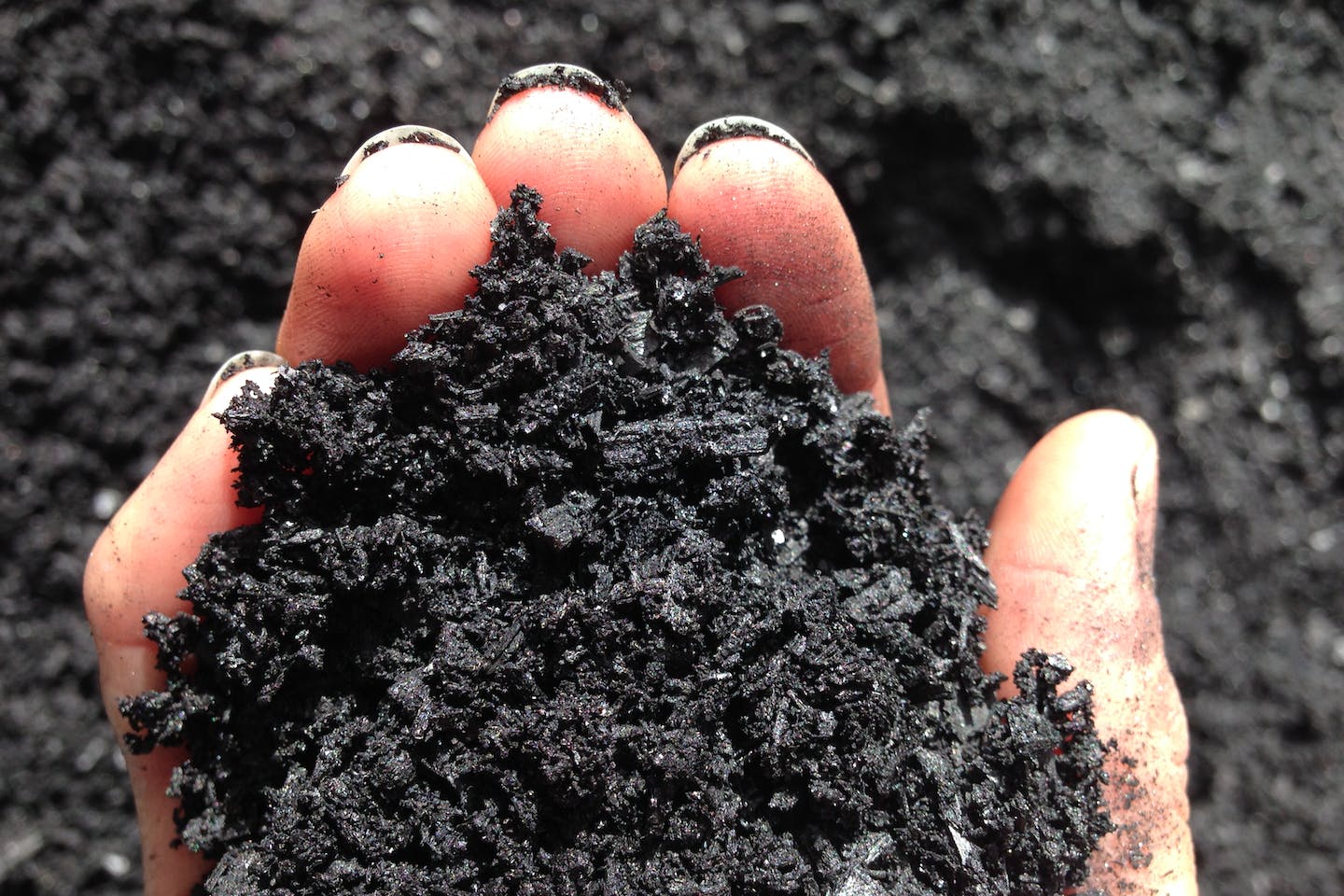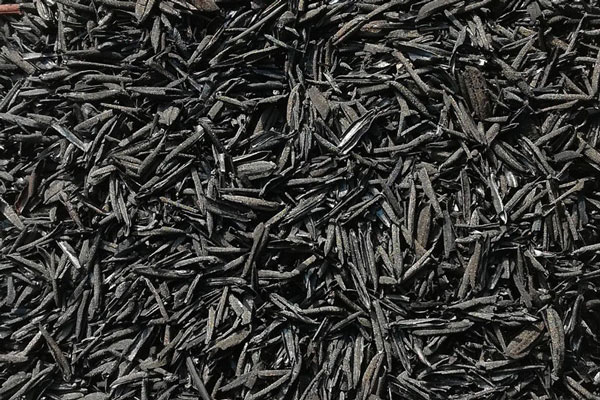Integrating Biochar Production into Asphalt Concrete for Sustainable Roads
Asphalt concrete, the backbone of our road infrastructure, is undergoing a green revolution with the integration of biochar-a carbon-rich material produced through the pyrolysis of organic waste. This post explores the innovative synergy between biochar equipment and asphalt concrete, shedding light on how this sustainable approach not only enhances the performance of roads but also contributes to environmental conservation.

Biochar Production for Asphalt Enhancement
Biochar, derived from the thermal decomposition of organic materials in a low-oxygen environment, possesses unique properties that make it an ideal additive for asphalt concrete. The production of biochar involves converting biomass, such as agricultural residues or forestry waste, into a stable carbon-rich material. When added to asphalt mixes, biochar can enhance the mechanical properties, durability, and sustainability of the resulting pavement.
Improved Mechanical Properties
The incorporation of biochar into asphalt concrete introduces a reinforcing matrix that improves the material's mechanical properties. Biochar acts as a filler, enhancing the tensile strength and fatigue resistance of the asphalt mixture. This results in roads that are more resistant to cracking, rutting, and other forms of distress, ultimately extending the lifespan of the pavement.
Environmental Benefits of Biochar in Asphalt
Beyond its engineering advantages, the use of biochar in asphalt concrete aligns with sustainable practices and environmental conservation. Biochar acts as a carbon sink, sequestering carbon that would otherwise contribute to greenhouse gas emissions. By integrating a recycled and renewable material into road construction, the carbon footprint of asphalt concrete is significantly reduced, making it a more environmentally friendly option compared to conventional asphalt mixes.
Enhanced Durability and Resilience
Biochar's porous structure improves the moisture resistance of asphalt concrete, reducing susceptibility to water-induced damage. This enhanced durability, coupled with the ability of biochar to mitigate temperature-related stresses, contributes to the overall resilience of the road surface. As a result, roads incorporating biochar exhibit improved performance under diverse environmental conditions.
Temperature Regulation and Reduced Urban Heat Island Effect
The reflective properties of biochar contribute to temperature regulation in asphalt concrete. By reducing heat absorption and retaining less heat than traditional asphalt, biochar-enhanced roads contribute to mitigating the urban heat island effect. This is particularly significant in urban areas where high temperatures can have adverse effects on both the environment and the longevity of road infrastructure.
Pilot Projects and Success Stories
Several pilot projects around the world have successfully incorporated biochar into asphalt mixes, showcasing the feasibility and benefits of this sustainable approach. From reduced maintenance costs to positive environmental impacts, these projects serve as success stories, inspiring further exploration and adoption of biochar-enhanced asphalt in road construction.
Challenges and Research Frontiers
While the integration of biochar into asphalt concrete holds immense promise, challenges such as standardization, cost-effectiveness, and long-term performance assessments need to be addressed. Ongoing research efforts are focused on refining production methods, optimizing mix designs, and evaluating the environmental and economic viability of biochar-enhanced asphalt on a larger scale.

Future Outlook for Sustainable Roads
The integration of biochar into asphalt concrete represents a pioneering step towards more sustainable and resilient roads. As technology advances and awareness grows, biochar-enhanced asphalt is poised to become a standard practice in road construction, contributing to global efforts to create a more sustainable and environmentally conscious infrastructure.
Conclusion
In conclusion, the fusion of biochar production with asphalt concrete is paving the way for a greener and more sustainable future. By harnessing the benefits of biochar-improved mechanical properties, enhanced durability, and environmental conservation-roads can become not only more resilient but also active contributors to carbon sequestration. As the world strives for sustainable infrastructure solutions, biochar-enhanced asphalt stands out as a shining example of innovation and responsible engineering, demonstrating that the journey towards sustainable roads is both feasible and transformative.